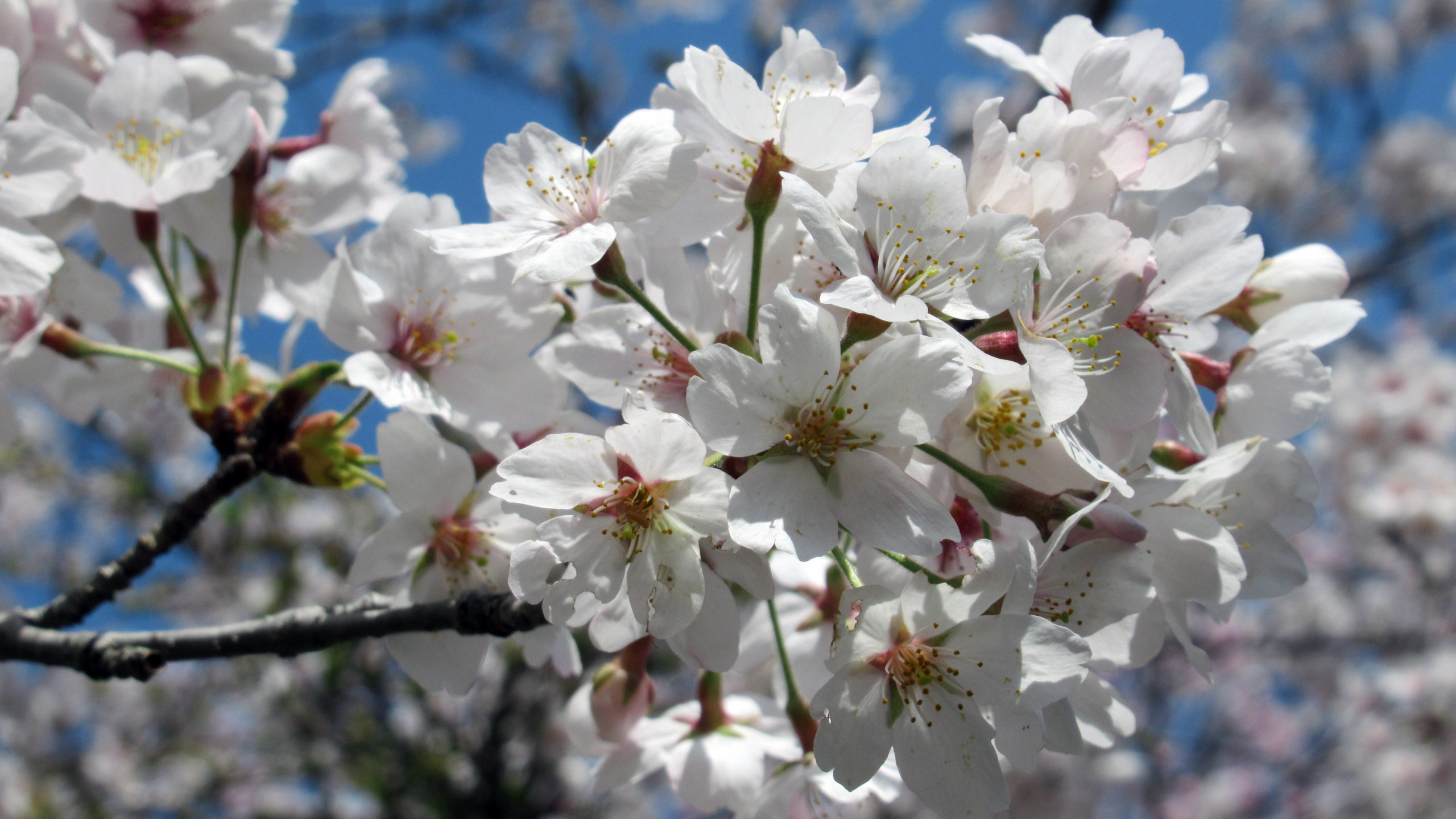2022-08-22 マサチューセッツ大学アマースト校
相対湿度を制御してステンレス表面上でサルモネラを乾燥させました。次に、乾燥させた細菌を有機酸を含むさまざまな油で覆い、酸の種類、濃度、接触時間、処理温度を変化させて、抗菌製剤を特定した。
その結果、酢酸を家庭用酢の約半分の濃度で混ぜたピーナッツオイルを使い、熱を加えることで効果的に洗浄・殺菌できることを発見した。
<関連情報>
- https://www.umass.edu/news/article/solving-sticky-microbial-mess-cleanup-peanut-butter-factories
- https://journals.asm.org/doi/10.1128/aem.00935-22
低水分環境下におけるサルモネラ菌に対する酸性化油の有効性 Efficacy of Acidified Oils against Salmonella in Low-Moisture Environments
Mrinalini Ghoshal, Shihyu Chuang, Ying Zhang, Lynne McLandsborough
Applied and Environmental Microbiology Published:8 August 2022
DOI: https://doi.org/10.1128/aem.00935-22
ABSTRACT
When processing low-moisture, high-fat foods such as peanut butter and nuts, water-based sanitization is unsuitable due to the immiscible nature of water and fats. Dry sanitization mainly uses flammable compounds such as isopropanol, requiring equipment cooling before application. The use of oils to deliver antimicrobials against foodborne pathogens enables the use of elevated temperatures, thus eliminating processing downtimes associated with dry sanitization. This study delivered organic acids and medium-chain fatty acids (100, 250, and 500 mM) in peanut oil against Salmonella enterica serovar Enteritidis desiccated at 75% relative humidity (RH). Acetic acid in peanut oil (AO) at 45°C was the most effective food-grade acid, causing a 4.4-log reduction in S. Enteritidis at 500 mM. AO caused cellular injury and was effective against a variety of S. Enteritidis strains. Confocal microscopy demonstrated that cells treated with 50 mM and 250 mM AO had significant membrane damage and reduced cellular respiration compared to untreated controls. Treatment efficacy increased with the increase in acid concentration, treatment duration, and treatment temperature from 20 to 45°C. Transmission electron microscopy after treatment with 100 and 250 mM AO revealed membrane ruffling and leakage in cell membranes, especially at 45°C. Reduction of the RH to 33% during desiccation of S. Enteritidis caused a decrease in AO efficacy compared to that at 75% RH, while at a higher RH of 90%, there was an increase in the efficacy of AO. Acidified oils can serve as robust, cost-effective replacements for dry-sanitation methods and improve safety of low moisture foods.
IMPORTANCE Currently, dry sanitization products used during food processing often contain flammable compounds which require processing to stop and equipment to cool before application. This leads to processing downtimes and consequently, economic losses. This challenge is compounded by exposure to dryness which frequently renders Salmonella resistant to heat and different antimicrobials. Thus, the development of heat-tolerant oil-based antimicrobial compounds is a novel approach for sanitizing in low-moisture (dry) environments such as those found in peanut butter, tree nuts, and chocolate manufacturing. This study shows that acidified oils, especially acetic acid in peanut oil at elevated temperatures (45°C), was highly effective against desiccated Salmonella. Acidified oils have the potential to replace dry sanitizers, increasing the frequency of sanitization, leading to an improvement in food safety.




